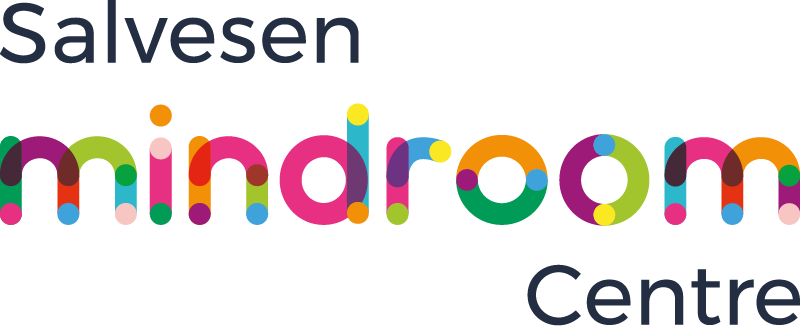Support FAQs

Welcome to our FAQs section, where we address common questions. If you can’t find the answer you need, please get in touch. We’re here to help!
List of FAQs
How can I make a referral for myself or someone else?
We will support you in making a referral in the way that suits you best. You can contact us by phone, email, text or using the contact form on our website. We also have a referral form for professionals, which is available on our website.
What are the waiting times for your services?
Parents/carers accessing our services will be offered an appointment with one of our Family Advice Specialists. We can’t provide emergency or same-day support. Instead, you will be offered our first available appointment.
Our Family Outreach Service often has a waiting list, and because of the nature of our work, it isn’t easy to give a timeframe. While you are on the waiting list, one of our Family Advice Specialists will support you.
Our Children and Young People’s services often have waiting lists as well. Due to the nature of our work, we can’t always specify when you will be offered an appointment.
I have a call with a Family Advice Specialist. Does my child need to participate in the call?
This is a call to support you as their parent/carer, and we don’t need to speak to your child for you to access our support. If your child needs support, our Children and Young People’s Service can work with them directly.
Do you have resources that families can access?
We have several resources on our website that are suitable for children and young people, parents, carers, and professionals.
Can you support signposting for professionals?
We can offer advice and signposting to professionals. Please get in touch with us if you think we might be able to help.
Do you offer training?
We offer a comprehensive suite of training courses. You can find out more here about our training courses.
Do you offer support for employers?
Do you offer a diagnostic service?
Can you recommend a counsellor or a tutor?
Do you support neurodivergent adults?
Our support focuses on parents and carers of neurodivergent children and young people, as well as the young people themselves, up to age 25. While we recognise that many parents and carers may also be neurodivergent, and we strive to accommodate their needs, our primary goal is to help them support their children.
